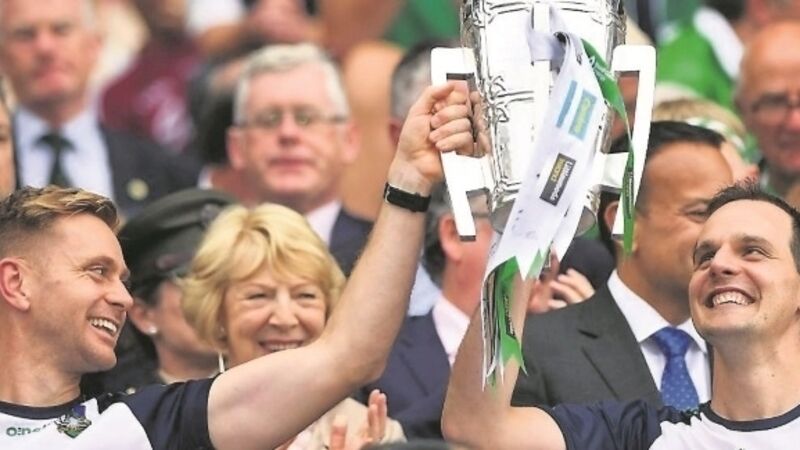Limerick coach hails champions: ‘When they’re under pressure that’s when they perform best’

On the wall at his home in Tralee, etched in words big enough to see anytime his eyes wander from his work, Joe O’Connor has written a reminder:
Try from €1.50 / week
SUBSCRIBEBy Cathal Dennehy
On the wall at his home in Tralee, etched in words big enough to see anytime his eyes wander from his work, Joe O’Connor has written a reminder:
Already a subscriber? Sign in
You have reached your article limit.
Annual €130 €80
Best value
Monthly €12€6 / month
Introductory offers for new customers. Annual billed once for first year. Renews at €130. Monthly initial discount (first 3 months) billed monthly, then €12 a month. Ts&Cs apply.
CONNECT WITH US TODAY
Be the first to know the latest news and updates
Newsletter
Latest news from the world of sport, along with the best in opinion from our outstanding team of sports writers. and reporters
Tuesday, February 10, 2026 - 9:00 PM
Tuesday, February 10, 2026 - 12:00 PM
Tuesday, February 10, 2026 - 9:00 PM
© Examiner Echo Group Limited